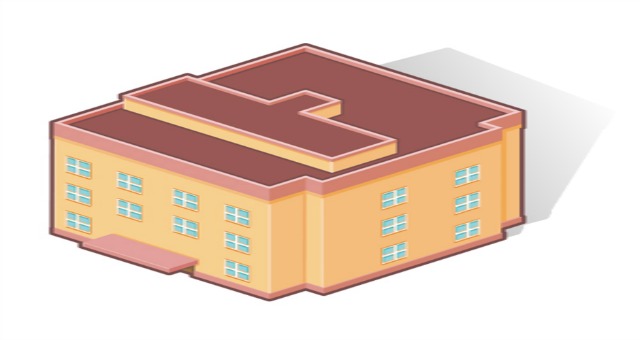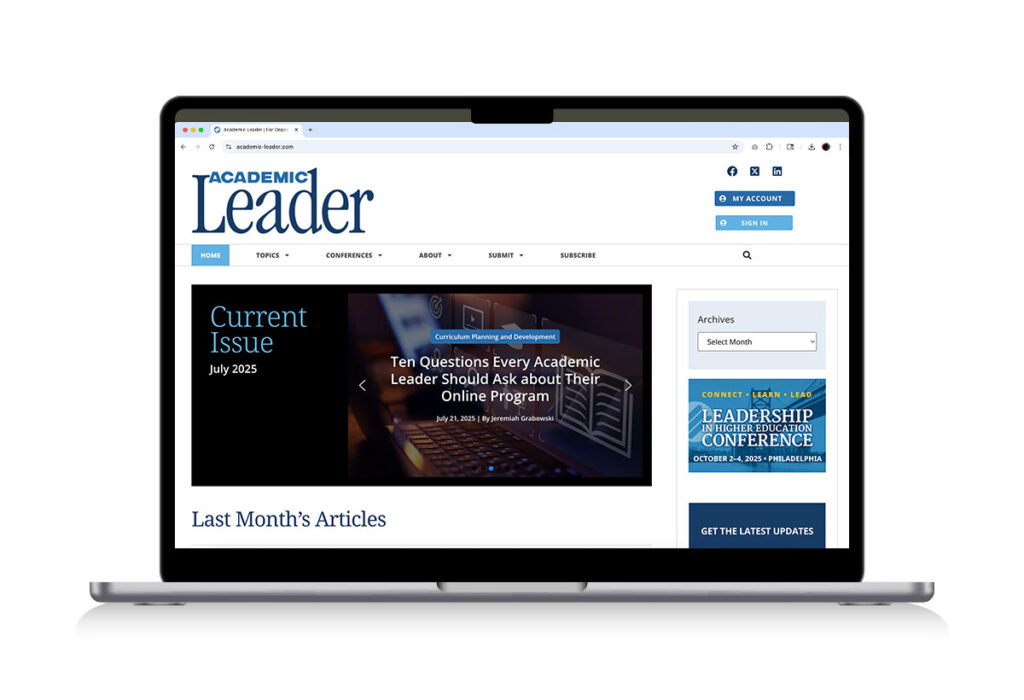
Leading throughout the Organizational Life Cycle
According to organizational life cycle theory, institutions and units within institutions progress through a sequence of stages—inception, growth, maturity, and decline or revitalization. Understanding the challenges specific to each stage can help leaders be more effective. Although inevitable, progression through these stages can be upsetting to those who are averse to change, but “if you can convince them that this is a natural progression, it may allay their fears or concerns,” says Claire Phillips, dean of instruction at Lone Star College–CyFair.




